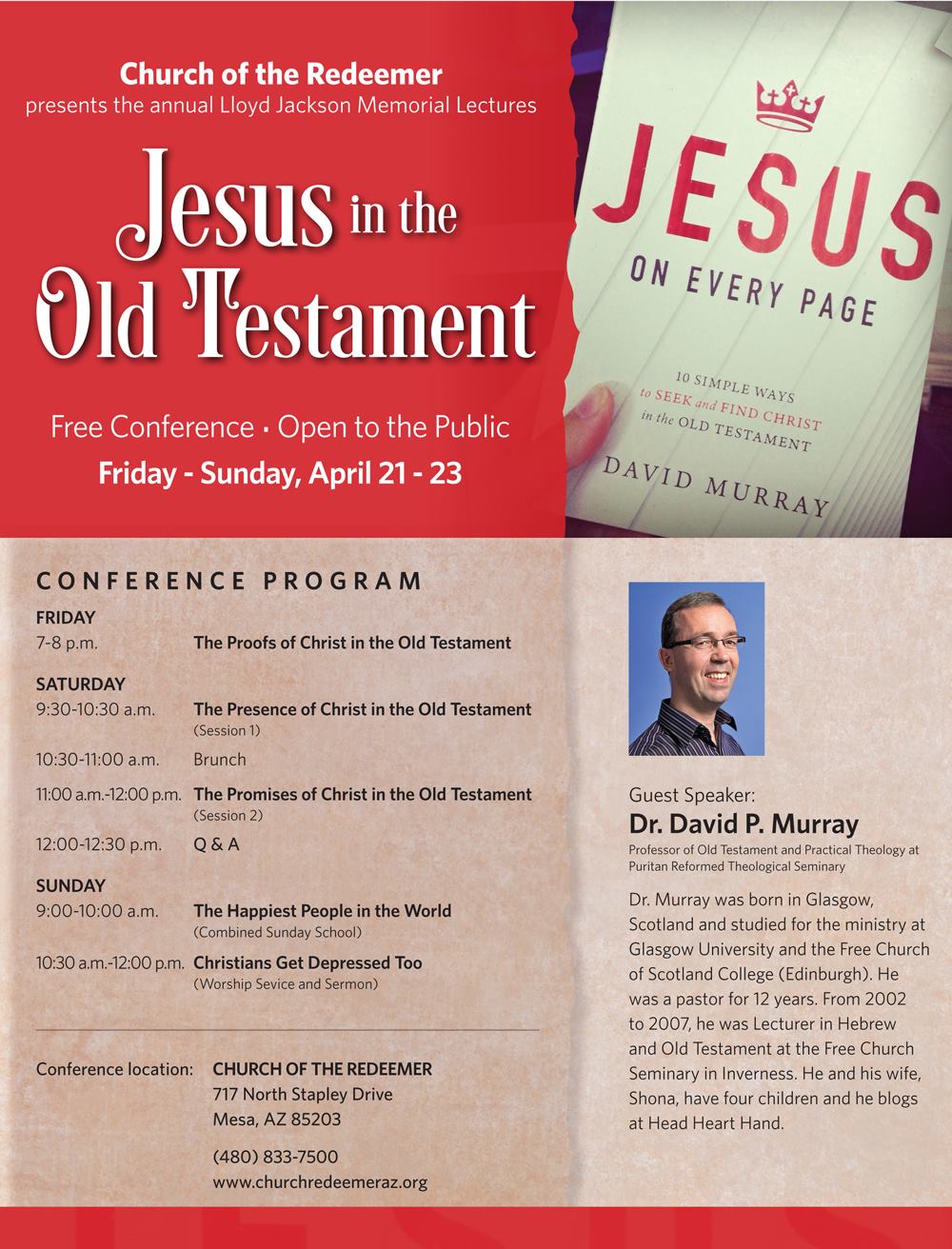Blogs
What Can the Church Learn about Sexual Harassment, Accusations, & Transparency from the Bill O’Reilly Debacle?
Ed Stetzer draws three main lessons:
1. The way we respond to an accusation teaches people how we value others.
2. large organizations will naturally exhibit tendencies of self-preservation, and we need to fight against that when that preservation victimizes others.
3. Powerful men without accountability tend to move towards bad behavior, and we need to hold ourselves and others accountable.
African American Preaching at RPTS | Gentle Reformation
Barry York asks why so many African Americans preachers are such effective communicators. It’s a question I’ve often asked myself, most recently at The Gospel Coalition conference where, for me, Thabiti Anybwile’s sermon was the stand-out address of the conference. Barry highlights four factors that are spot-on and which all of us should think seriously about if we want to be effective communicators.
1. They rely little on notes, having worked the message deep into their hearts and having practiced until truly ready to deliver.
2. They preach with vivid language and pictures to capture the imagination and heart as well as the mind.
3. Instead of the linear style of preaching common to Reformed churches, African American preaching is usually rich in themes that are woven into their discourse and which are meditated upon for an extended time.
4. They make good use of rhetorical devices.
In short, they recognize preaching is an oral medium and so craft sermons with that in mind. They not only make sure their doctrine is sound, but pay attention to the sound of their doctrine.
The Quiet Plague of Painkillers
This is so tragically heart-breaking.
Since 1999, the number of deaths from opioids in the United States has quadrupled. Opioid overdose has claimed the lives of over half a million people since 2000. Although heroin accounts for many such deaths, more familiar medications pave a path to heroin. Coincident with rising death rates, sales of prescription opioids such as oxycodone, hydrocodone, and hydromorphone quadrupled between 1999 and 2010. Some patients with dependence upon these drugs progress to heroin, which they can acquire at a cheaper price. Others succumb to the prescription drugs themselves. Prescription drug overdose claimed 15,000 lives in 2015 alone.
One Very Good Reason to Study Church History
Here’s a perfect example of the kind of “Illustrated Theology” that I was recently appealing for:
Home Is the Front Lines of Christian Living
“My first field of service is my home. My wife and children are my nearest neighbors, and Jesus commands me to love my neighbor. Home is the first place I’m called to display the love of Christ. How I act there matters to God.”
The Parable of the Foolish Weightlifter
Although it comes a bit late for about-to-graduate Seminarians, here’s a parable about learning languages that beginning students will want to pin to their desks.
Kindle Books
For your non-Kindle book buying needs please consider using Reformation Heritage Books in the USA and Reformed Book Services in Canada. Good value prices and shipping.
Church History in Plain Language $2.99.
New Testament Introduction by Louis Berkhof $0.99.
A Christian’s Guide to Growing in Holiness by John Fesko $2.99.
New Book
The New City Catechism Devotional: God’s Truth for Our Hearts and Minds
Video
This is about that
Here’s a beautiful video about marriage that one church shows as part of it’s wedding services in order to remind everyone what marriage is ultimately about.











